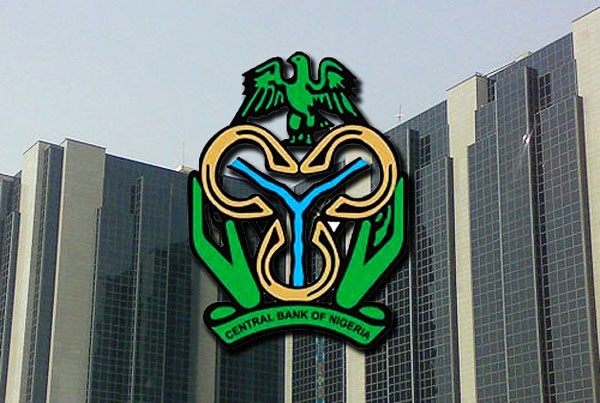Share!
Many Nigerians who receive foreign currencies from their relatives abroad may no longer be able to collect such funds in cash, as banks have announced that foreign-denominated currencies will now be paid to beneficiaries in Naira.
The decision to convert dollar inflow sent through IMTOs, such as Western Union, etc., to the local currency at the point of receipt, stems from a directive issued by the Central Bank of Nigeria (CBN).
In emails sent to customers, some banks have stated that beneficiaries of money transfers through Western Union and other services will be paid in Naira either into their accounts or in cash “at the prevailing rate in the Nigerian Foreign Exchange Market.”
This implies that, unlike under the previous regime, when beneficiaries can collect their money in the same currency it was sent to them and have the freedom to convert it at the bureau de change or parallel market rate, they are now going to be paid in naira cash.
The regulatory bank is indirectly compelling beneficiaries to exchange their money for local currency at the prevailing official rate.
Analysts suggest that the move aims to reduce the incentive for trading dollars on the parallel market and discourage a wider margin between the official and parallel forex windows.
Ecobank, in an email to customers on Thursday, stated, “We would like to bring to your attention recent regulatory changes regarding international money transfers into Nigeria.
“With regards to the Circular issued by the Central Bank of Nigeria (CBN) on January 31, 2024, all inbound money transfers to Nigeria will be paid only through a bank account or in cash at the prevailing rate in the Nigerian FX Market.
“Furthermore, transfers exceeding the equivalent of $200 must be credited to the recipient’s bank account, while cash payments for amounts below $200 will provide an acceptable means of identification.”
Ecobank Nigeria’s notice to its customers underscores the industry-wide impact of these directives, as similar notifications have been issued by other major banks in the country.
The CBN’s directive was its response to the current challenges related to dollar shortages, aiming to rebuild Nigeria’s foreign exchange reserves.
The move to streamline and regulate international money transfers reflects the CBN’s determination to ensuring a stable and robust financial system.
However, financial market observers suggest that the decision to convert money to the local currency may create disincentives for people to send money home through IMTO and prompt them to explore other means of sending money to beneficiaries.
This move comes in the wake of significant currency reforms initiated by the CBN and the institution’s efforts to alleviate dollar shortages while bolstering forex reserves.
Though the CBN and the federal government have debunked speculations about plans to convert domiciliary accounts into the local currency, some analysts are saying this move may be an indirect way to implement such an intention through the backdoor.
What the latest move by the CBN means is that Nigerians residing in the country may not be able to access dollar cash within country for whatever reason.
No related posts.
